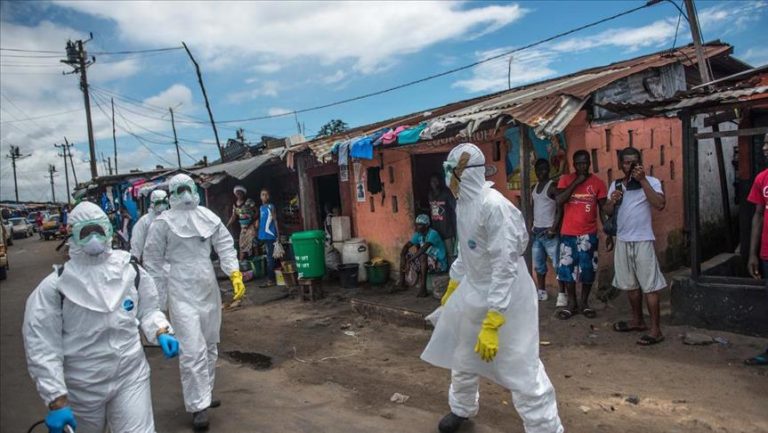An official of the Yobe state government says 564 patients out of the 636 recorded cases of meningitis outbreak have recovered.
The Disease Surveillance and Notification Officer, Primary Healthcare Management Board, Mr Haruna Umar, disclosed this in an interview on Monday in Damaturu.
Umar said that 22 deaths had been recorded from meningitis with 564 patients fully recovered while the remaining 50 were being observed and managed at isolation centers
Umar said the first suspected case was reported on Dec 24, 2023, and confirmed on Jan 26.
He added that the 636 cases were recorded across six local government areas of Machina, Nangere, Fika, Fune, Potiskum, and Gujba.
ALSO READ: Japa: Nigeria lost 16,000 doctors in 5 years – Minister
The health official assured that the government had taken proactive measures to curb the spread of the disease in the state.
“The government has established treatment centers in the affected LGAs, including temporary isolation camps in some secondary schools
“The government has also engaged 18 ad hoc staff, including two medical doctors at the isolation centers, among other measures,” Umar added.
Meningitis is an acute or chronic inflammation of the protective membranes covering the brain and spinal cord, collectively called the meninges. The most common symptoms are fever, intense headache, vomiting, neck stiffness, and occasionally photophobia.
Other symptoms include confusion or altered consciousness, nausea, vomiting, and an inability to tolerate light or loud noises. Young children often exhibit only nonspecific symptoms, such as irritability, drowsiness, or poor feeding. A non-blanching rash (a rash that does not fade when a glass is rolled over it) may also be present.
The inflammation may be caused by infection with viruses, bacteria, fungi, or parasites. Non-infectious causes include malignancy (cancer), subarachnoid hemorrhage, chronic inflammatory disease (sarcoidosis), and certain drugs.
Meningitis can be life-threatening because of the inflammation’s proximity to the brain and spinal cord; therefore, the condition is classified as a medical emergency. A lumbar puncture, in which a needle is inserted into the spinal canal to collect a sample of cerebrospinal fluid (CSF), can diagnose or exclude meningitis.
NAN


